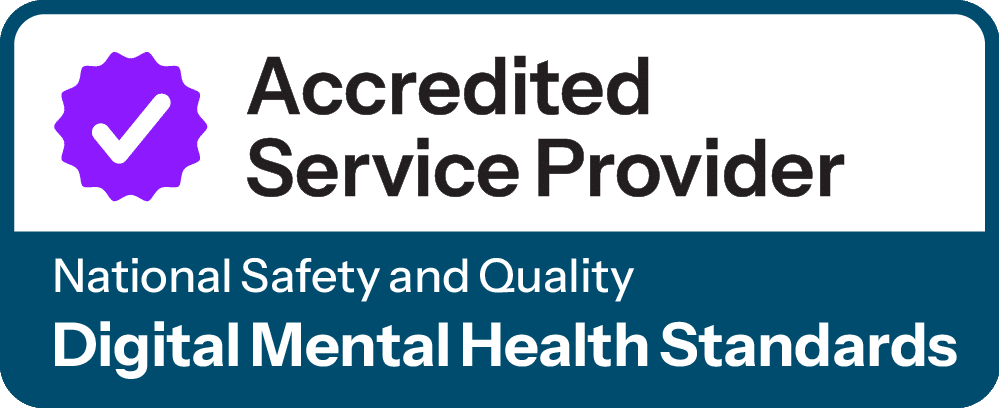
How does alcohol affect your liver?
This week, we have a guest blog from Healthline (USA) and the American Liver Foundation.
If you’re growing weary of wine lists and boozy cocktails, you may have happy hour fatigue. From work events to family gatherings, you’re never too far away from a drink. And while that’s not always a bad thing for everyone, today’s drinking culture can sometimes feel more like a hangover than a celebration. Healthline collaborated with the American Liver Foundation to talk about the way we consume alcohol, how that can affect our health and overall well-being, and why we should consider a healthier, happier happy hour.
The month of January can offer the perfect opportunity to explore the possibility of limiting or abstaining from alcohol. One campaign that can help you on the path to moderating or even abstaining from drinking is Dry January.
People who commit to Dry January abstain from drinking alcohol the entire month. The annual movement stems from a U.K.-based charity called Alcohol Concern, and Americans are also starting to jump on the “dry” bandwagon for the entire first month of the year.
Though Dry January first began in the United Kingdom back in 2013, the group's app, Dry January & Beyond, was downloaded by more than 36,000 people globally in 2017.
Alcohol use in America
According to a 2015 national U.S. survey from the Substance Abuse and Mental Health Services Administration, 86.4 percent of Americans over the age of 18 reported they drank alcohol at some point in their lifetime. This may include someone who drinks on a regular basis or someone who drank once and never again.
However, more than one-third of Americans over the age of 18 said they participated in binge drinking or heavy alcohol use in the past month. These numbers suggest Americans’ relationship with alcohol might not be as healthy as you might assume.
Experts estimate 16 million people over age 18 in the United States have alcohol use disorder. This condition is characterized by an impaired ability to stop or control alcohol use despite adverse social, occupational, or health consequences.
When broken down by sex, the overall number of women who drink compared to men is lower. But a recent study published in JAMA Psychiatry reports the increase in the number of women engaging in high-risk drinking (four or more drinks per day at least weekly for a year) rose nearly 60 percent. This is compared to the 15 percent increase among men who have five or more drinks per day at least weekly for a year.
Heavy alcohol use also harms the economy. In 2010, the Centers for Disease Control and Prevention reported that excessive alcohol use cost the United States $249 billion in the form of loss of productivity at work, healthcare expenses, and losses from law enforcement or motor vehicle accidents.
How does this affect our health?
Alcohol can affect both your short and long term health. Some of the short-term health risks can include alcohol poisoning, miscarriage, stillbirth, fetal alcohol syndrome, or injuries from motor vehicle accidents or other accidents. The long-term effects on your health can include mental health issues, cancer, high blood pressure, or stomach ulcers.
Alcohol-related liver disease is also a major public concern. A 2018 study reports deaths from cirrhosis are rising. Between 1999 and 2016, annual deaths from cirrhosis in the United States increased by 65 percent to 34,174. Meanwhile, the death rate for liver cancer doubled to 11,073.
Researchers note people ages 25 to 34 experienced the highest rate of death from cirrhosis that developed entirely from alcohol-related liver disease.
Alcohol and your liver
Liver disease is one of the more common long-term complications of excessive drinking. However, it’s important to note that alcohol misuse doesn’t lead to all cases of liver disease.
Liver disease can also result from genetic, metabolic, or environmental causes. But due to the stigma surrounding alcohol use disorder and substance use disorders in general, many people aren’t reaching out for the help and support they need. In fact, people with non alcohol-related liver disease often feel compelled to actively disassociate themselves from alcohol-related liver disease.
The bottom line is this: Anyone dealing with liver disease — regardless of the cause — needs to know that help and support is available. For more information and resources from the American Liver Foundation, check out their page on Dry January.











I can’t help it but “dry January” always annoys me because people put up pics of themselves on 1st February saying how well they did… with a pint in their hand and it makes me as an alcoholic question whether I could still control my drinking
I have been sober since New Years. Jumping on that band wagon. I beleive I suffer from stomach ulcers from the long time effects from alcohol. I already feel much more happy and healthier
I have been told I have cirrhosis my last appointment the specialist said with the right self care I can go on living for another 30 years. Of course cutting out alcohol is the number one thing. Zero alcohol. It was recognised that just stopping will be hard. Most sensible drinkers would say if you know you have cirrhosis just stop all together right now. mmmmmm, not that easy but selfish to know my daughter would be devasted to loose me when I had a choice especially.
I have mild steatosis. Used to have fatty liver disease. This was caused by autoimmune disease. Taking Ursidiol twice a day to keep it at bay. However I still enjoy my wine every day. Cut down to 2 glasses a day. Is this bad for my liver even if I’m on medication? Wine doesn’t have a lot of alcohol.